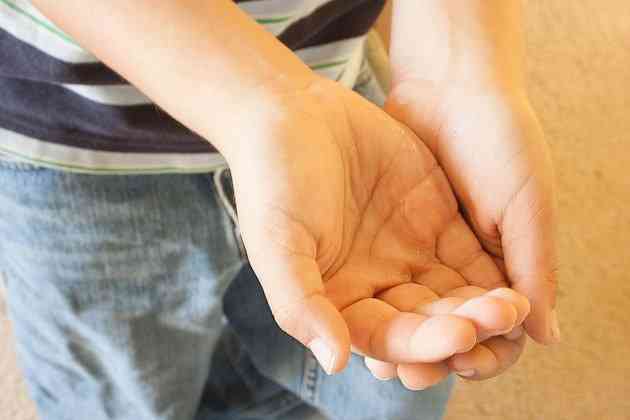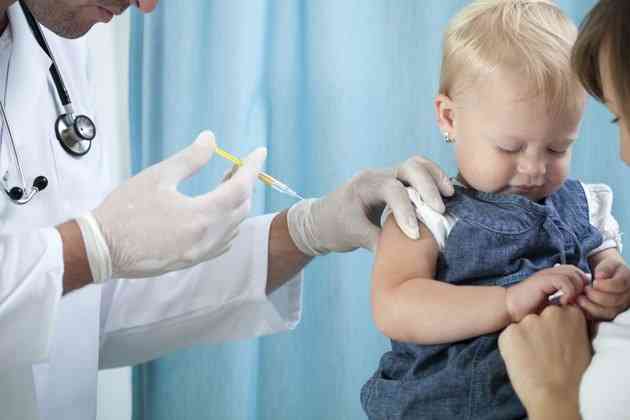Child Running a Fever While on an Antibiotic

Antibiotics are powerful medications used to treat illness caused by bacterial infections. Some of the most common bacterial infections in children include strep throat, skin infections and ear infections. If your child has a fever because of a bacterial infection, antibiotics will usually help the fever to go down within a couple of days. If your child is still running a fever while taking an antibiotic, you may need to revisit your doctor.
 The wrong antibiotics may be the cause of a persistant fever. (Image: Jupiterimages/Brand X Pictures/Getty Images)
The wrong antibiotics may be the cause of a persistant fever. (Image: Jupiterimages/Brand X Pictures/Getty Images)Viral
Because antibiotics are only effective against bacteria, if your child's fever is the result of a viral infection, such as the common cold or the flu, antibiotics are not going to get rid of the fever. In this case, the fever and any other associated symptoms usually dissipate with time. Viral infections generally last one to two weeks.
If your child has a viral infection, there is no need for antibiotic treatment. In fact, taking antibiotics while you have a viral infection can create antibiotic-resistant strains of bacteria. The best thing to do for a viral infection is prevent dehydration by supplying adequate amounts of water and electrolyte solutions.
Wrong Medication
If your child is still running a fever while on an antibiotic, it could be because the doctor has prescribed the wrong antibiotic. Antibiotics only work for certain types of bacteria. If the antibiotic your child is taking is not effective against the bacteria causing the infection or if the bacteria have become resistant to antibiotics, the fever will persist.
Reaction to Medication
In some cases, the antibiotic itself may be causing your child to run a fever. Beta-lactam antibiotics, which include penicillin, have been shown to cause fever in some cases. If the antibiotic is the cause of the fever, the fever should subside when drug treatment ends.
Your child may also develop a fever if he is allergic to the antibiotic or an ingredient in the medication. Generally, fevers caused by allergies are immediate. If your child experiences an immediate fever after consuming an antibiotic, contact your doctor.
Considerations
Antibiotics usually take a few days to start working, so it's normal for a fever to persist for a few days, even when on the right medication. If the fever persists for more than a few days, contact your doctor for a re-evaluation of the condition.
If the fever goes down after a few days, continue taking antibiotics until the medication is gone. Even though your child may feel better, there may be some bacteria remaining in your body.




